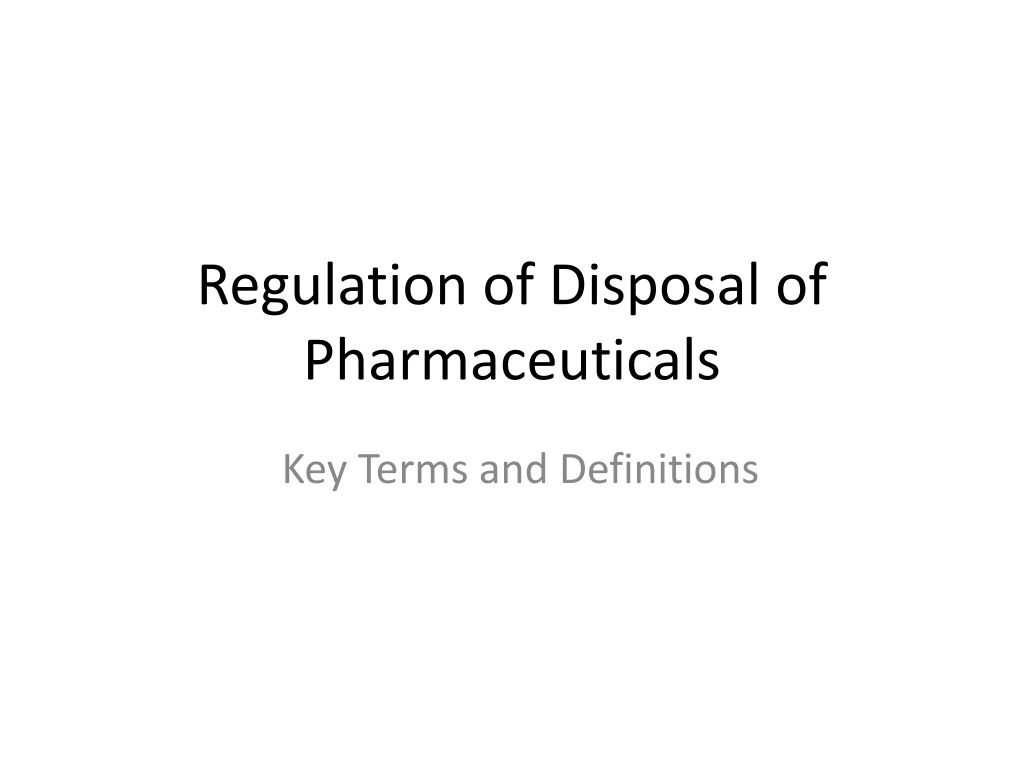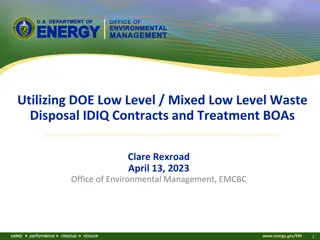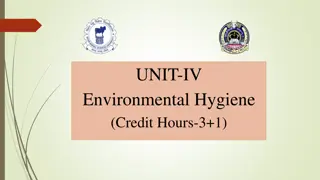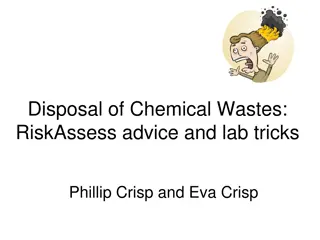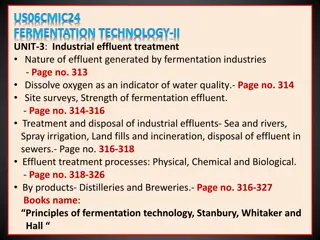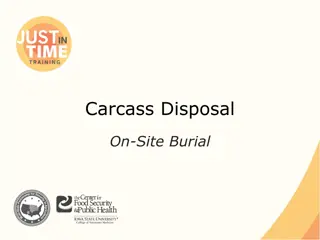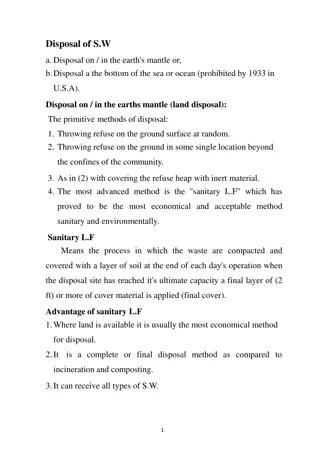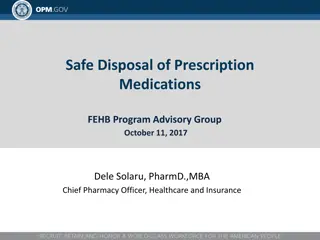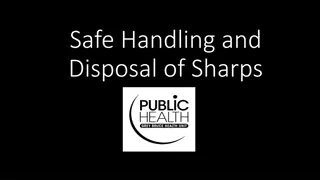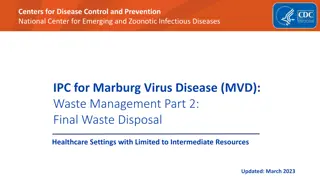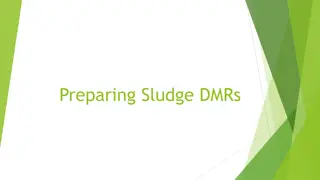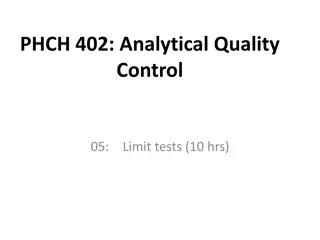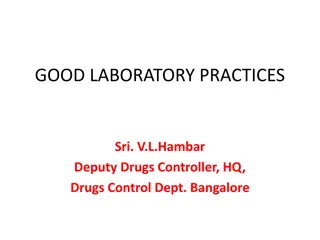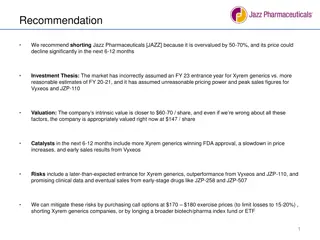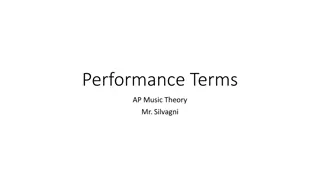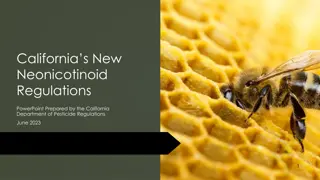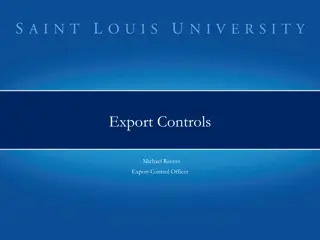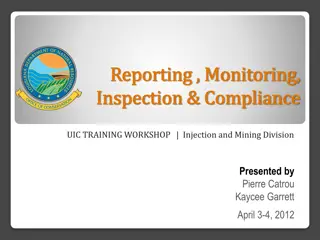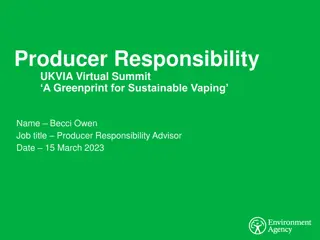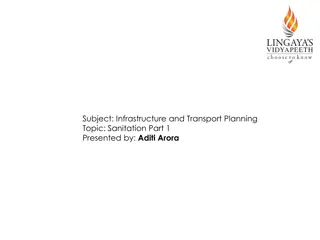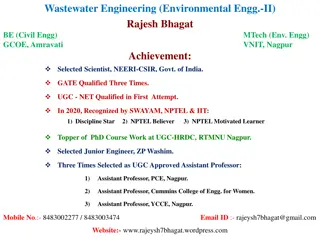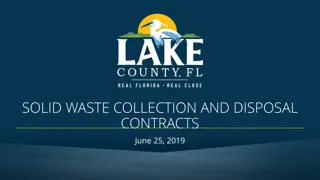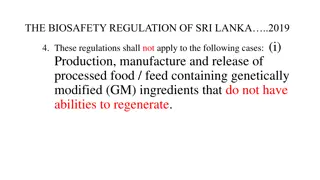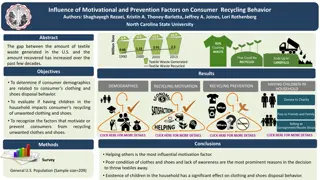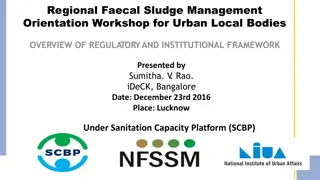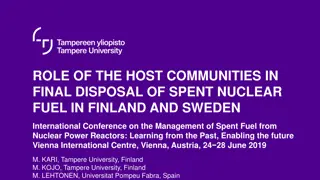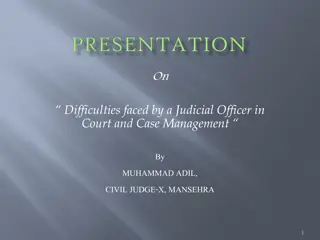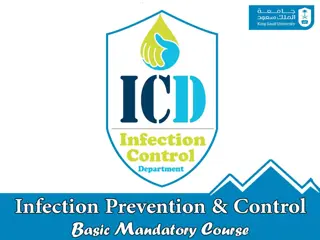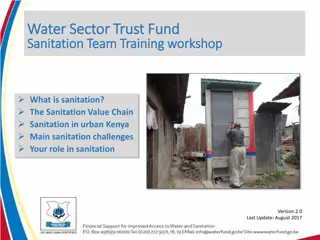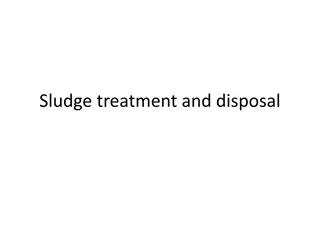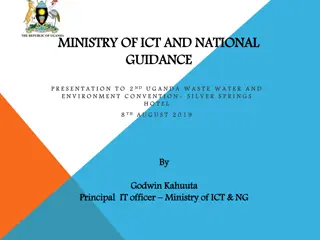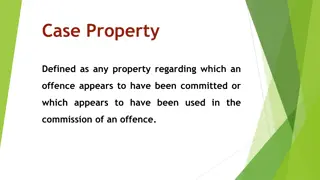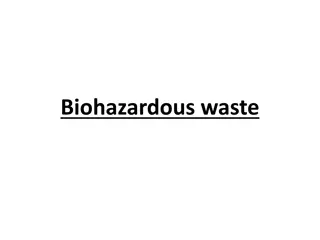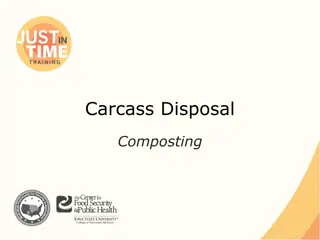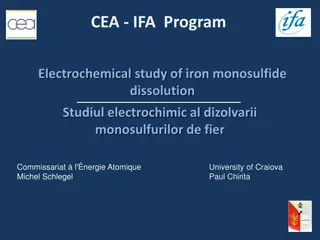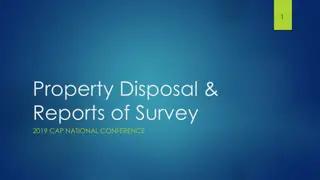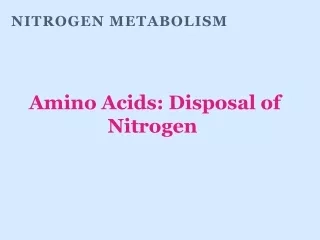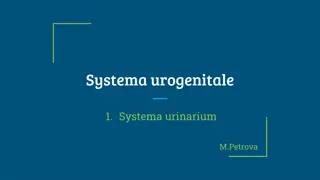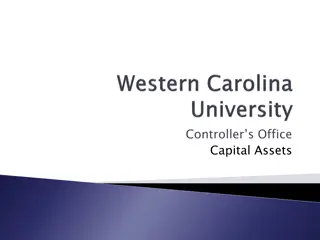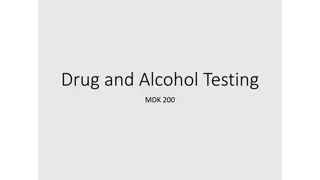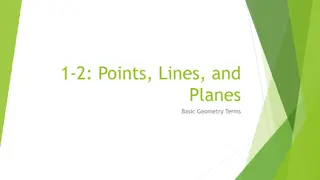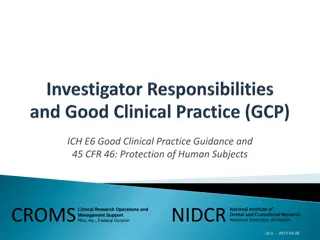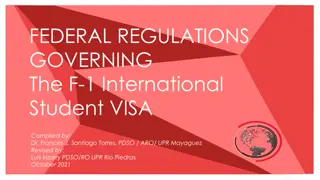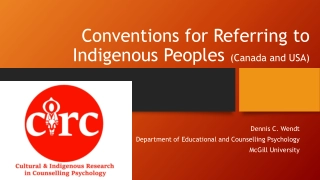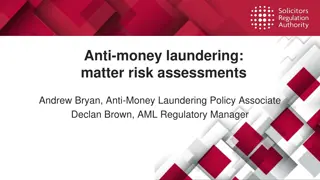Regulations and Disposal of Pharmaceuticals Key Terms
Understanding the regulations around the disposal of pharmaceuticals is crucial to protect the environment and ensure safe practices. Unwanted pharmaceuticals should not be disposed of with regular trash or flushed as they can affect water resources. Incineration, governed by federal Clean Air Act regulations, is recommended for proper disposal. DEA regulations require controlled substances to be rendered non-retrievable, often through incineration. Key terms such as Collection and Collector play a significant role in overseeing the disposal process. Various methods like DEA Sponsored Take Back Events, Permanent Lock Boxes, and Seizures are available for the safe disposal of pharmaceuticals.
Download Presentation

Please find below an Image/Link to download the presentation.
The content on the website is provided AS IS for your information and personal use only. It may not be sold, licensed, or shared on other websites without obtaining consent from the author. Download presentation by click this link. If you encounter any issues during the download, it is possible that the publisher has removed the file from their server.
E N D
Presentation Transcript
Regulation of Disposal of Pharmaceuticals Key Terms and Definitions
Can pharmaceuticals be disposed of with regular trash or flushed? Pharmaceuticals that are unwanted by consumers are not regulated as hazardous waste and can be legally disposed of with household trash, but it is not recommended. Because pharmaceutical ingredients have been found in landfill leachate and water resources, EPA recommends collection of unwanted pharmaceuticals and disposal by incineration.
What regulations govern incineration? Incinerators are governed by federal Clean Air Act regulations which require permits and various measures to control air pollution. State and local air agencies enforce these regulations. There is an exclusion for burning of contraband or prohibited goods in small incinerators operated by law enforcement. However, EPA does not consider pharmaceuticals voluntarily collected from take back events to be contraband.
How do Controlled Substance Act regulations apply to disposal? DEA regulations at 21CFR Part 1317 govern disposal of controlled substances. In general, controlled substances collected in take back events must be destroyed and rendered non- retrievable, which generally means incineration. Non-retrievable means, for the purpose of destruction, the condition or state to which a controlled substance shall be rendered following a process that permanently alters that controlled substance's physical or chemical condition or state through irreversible means and thereby renders the controlled substance unavailable and unusable for all practical purposes
Key Terms Collection: to receive a controlled substance for the purpose of destruction from an ultimate user, a person lawfully entitled to dispose of an ultimate users decedent s property, or a long-term care facility on behalf of an ultimate user who resides or has resided at the facility. Collector: a registered manufacture, distributor, reverse distributor, narcotic treatment program, hospital clinic/ with an on-site pharmacy, or retail pharmacy that is authorized to so receive controlled substances for the purpose of destruction
DEA Sponsored Take Back Events: The DEA holds biannual National Take Back Days. Local DEA agencies work with community partners to collect unused prescription drugs in the community. Permanent Lock Boxes: Many Local Law Enforcement Agencies have Lock Boxes located within their substations. Mail in Programs: The end users can utilize mail-back packages. Seizures: prescription drugs and controlled substances that are obtained by law enforcement during criminal investigations.
Collection Receptacles: The State of Nevada does not have any registered Collectors.
